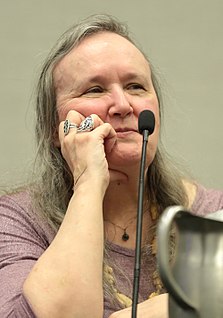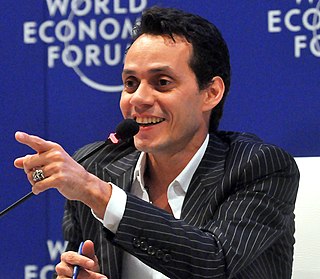A Quote by Mario Vargas Llosa
Today, everybody is more or less conscious of the total failure of the Cuban revolution to produce wealth, to produce a better standard of living for the Cubans. With the exception of small radical parties, Latin Americans know that it's a brutal dictatorship and the longest in Latin American history.
Related Quotes
The white man knows what a revolution is. He knows that the Black Revolution is worldwide in scope and in nature. The Black Revolution is sweeping Asia, is sweeping Africa, is rearing its head in Latin America. The Cuban Revolution - that's a revolution. They overturned the system. Revolution is in Asia, revolution is in Africa, and the white man is screaming because he sees revolution in Latin America. How do you think he'll react to you when you learn what a real revolution is?
Mister Cameron - I have read the unexpurgated Ovid, the love poems of Sappho, the Decameron in the original, and a great many texts in Greek and Latin histories that were not though fit for proper gentlemen to read, much less proper ladies. I know in precise detail what Caligula did to, and with, his sisters, and I can quote it to you in Latin or in my own translation if you wish. I am interested in historical truth, and truth in history is often unpleasant and distasteful to those of fine sensibility. I frankly doubt that you will produce anything to shock me.
Things have changed in Latin America now. We mostly have democratic governments in Latin America, so the position of the writer has changed. It is not as Neruda used to say, that a Latin American writer walks around with the body of his people on his back. Now, we have citizens, we have public means of expression, political parties, congress, unions. So, the writer's position has changed, we now consider ourselves to be citizens - not spokespeople for everybody - but citizens that participate in the political and social process of the country.
Mexico City is the center of art and culture and politics and has been and continues to be for Latin America in a way that I think really called to me as an artistic person, as someone that was interested in the politics of Latin America, you know. God, every single famous person in Latin American history and art and politics seems to have found their way to Mexico City.
A revolution is bloody, but America is in a unique position. She's the only country in history in a position actually to become involved in a bloodless revolution. The Russian revolution was bloody, Chinese revolution was bloody, French revolution was bloody, Cuban revolution was bloody, and there was nothing more bloody then the American Revolution. But today this country can become involved in a revolution that won't take bloodshed. All she's got to do is give the black man in this country everything that's due him, everything.
During the 1990s the United States sought to impose the 'Washington Consensus' on Latin American governments. It embodied what Latin Americans call 'neo-liberal' principles: budget cuts, privatization, deregulation of business, and incentives for foreign companies. This campaign sparked bitter resistance and ultimately collapsed.





































